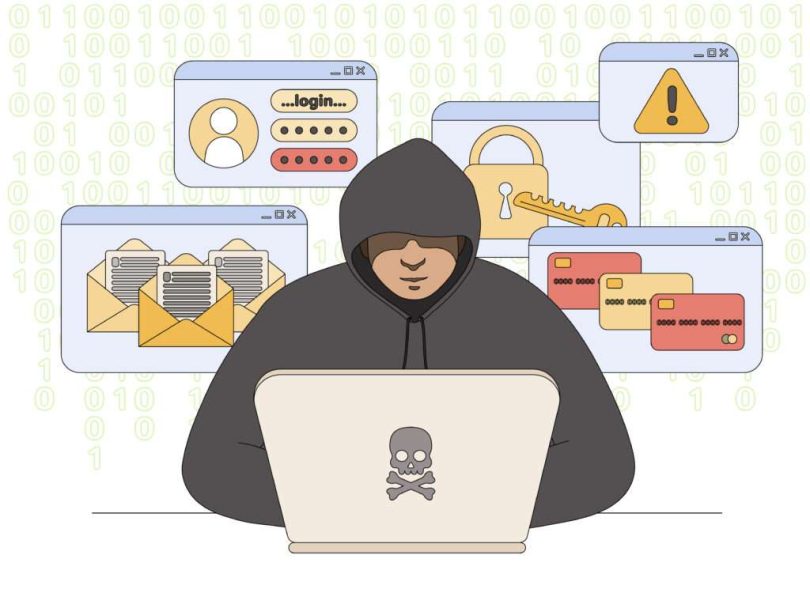What You Need to Know: A Comprehensive Guide to Staying Safe Online
The internet is a wonderful tool, providing access to information, communication, and entertainment like never before. However, with its vast reach and ease of use, it has also become a breeding ground for cyber threats, scams, and online dangers. As an internet user, it is essential to be aware of the potential risks and take steps to protect yourself and your personal information.
Phishing Scams: The Most Common Online Threat
Phishing scams are perhaps the most common online threats, and they are incredibly easy to fall victim to. Phishing involves tricking unsuspecting individuals into revealing their login credentials, financial information, or sensitive personal data. Scammers use convincing emails, texts, or social media messages to lure people into their traps, often pretending to be a legitimate entity, such as a bank or a social network.
To avoid falling prey to phishing, it is crucial to be cautious when receiving any unsolicited communication. Always verify the sender’s identity, look for grammatical errors or mismatched website addresses, and never respond to or click on links from suspicious emails. It is also important to keep your antivirus software and operating system up to date, as well as enable two-factor authentication where possible.
Password Security: The Key to Locking Down Your Digital Life
Password security is another crucial aspect of staying safe online. A strong and unique password is essential for protecting your accounts, email, and other sensitive information. A good password should be at least 12 characters long, contain a mix of uppercase and lowercase letters, and include special characters. It’s also important to avoid using common passwords like “qwerty” or your name, as these can easily be guessed by hackers.
To stay organized, consider using a password manager or creating a spreadsheet to keep track of your passwords. It’s also a good idea to change your passwords periodically, especially if you’ve been using the same one for a while.
Public Wi-Fi: A Hidden Danger Lurking in Plain Sight
Public Wi-Fi networks, available in many coffee shops, libraries, and public spaces, can be a hidden danger. These networks can be insecure, giving hackers a chance to intercept your data and passwords. When using public Wi-Fi, it’s essential to use a reputable virtual private network (VPN) to encrypt your connection and protect your data.
Another option is to use a secure browser, such as Tor, which can help keep your online activities private.



